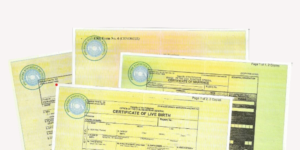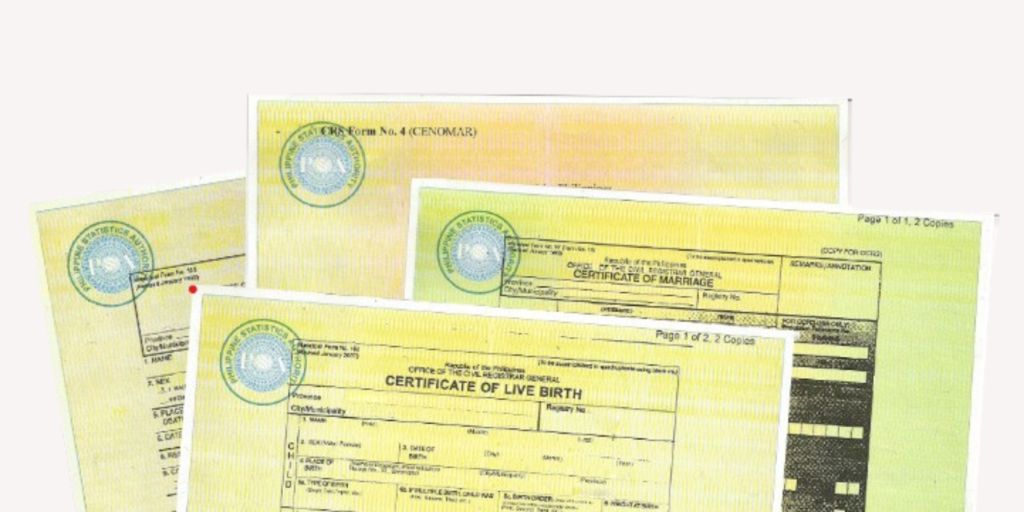There are instances where a Filipino citizen is currently residing in another country, however, he or she has properties that are located in the Philippines that need to be sold. This scenario usually happens to Filipinos who have left the country to migrate or to Overseas Filipino Workers (OFW) who are making a living in another country. Is there a way for them to sell their properties while they are abroad without having to go back to the country to facilitate the sale themselves? Can the document pertaining to the sale be recognized in the Philippines?
Apostille in the Philippines
Previously, those Philippine documents that require notarization from a notary public or authentication undergo an authentication process from various government agencies. Conversely, if a document issued from abroad needs to be notarized or authenticated, it shall also undergo the same process here. The process of obtaining an Authentication Certificate or Red Ribbon following the chain of authentication from one government agency to the next has been deemed to be tedious and costly.
Currently, the need to obtain an Authentication Certificate no longer holds. On May 14, 2019, the Philippines became a party to the Apostille Convention, which thus abolished the requirement of legalization for foreign public documents. Now, those countries who are part of the Hague Apostille Convention can use public documents executed therein which it needs to obtain an apostille certificate without having it authenticated. However, to reiterate, the apostille requirement only applies to those who are members of the convention. For countries that are not members of the apostille convention, the authentication process requirement still applies.
Having a document apostilled is a fairly quick task. For the document to be apostilled, one must have it certified by the appropriate government agency. After obtaining such certification, the document shall then be sent to the Department of Foreign Affairs (DFA) to have it apostilled at any of the authenticating units located therein. The DFA shall issue an apostille certificate.
Note, however, that the different document types that are submitted for Apostille also entail various requirements. It is important to check the requirements needed prior to the submission of the documents for Apostille. Once you have all the requirements ready, the process shall be done in no time. Currently, for regular processing of an Apostille document, the cost is at P100.00. For Expedite Processing, on the other hand, the cost is at P200.00.
One must further be reminded that the purpose of an Apostille is only for the certification of the origin of the document such that said public document it is authentic. If there is a seal or signature in the document, an Apostille also serves to validate the authenticity thereof. An Apostille also verifies that the person who signed the public document had the capacity thereof. Be reminded, however, that an Apostille cannot be used for documents in the Philippines, as this is a certification needed for submission of documents to another foreign state.
Need further information and assistance in Apostille involving Property Sale? Talk to our team at FILEDOCSPHIL to know more about the requirements and process. Call us today at (+63) 917 149 2337 or send an email to info@filedocsphil.com or simply message us through the live chat for more information.








